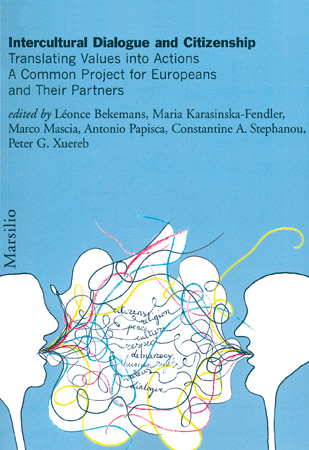Raccolte

Why Multiculturalism Affects Gender Matters. The Need of a Women Rights-Based Approach
Paola Degani (2007)
- Contenuto in
- Intercultural Dialogue and Citizenship
- Tipologia pubblicazione
- Articolo / Saggio
- Pagine
- 569-586
- Lingua
- EN
One of the greatest challenges that Europe faces in intercultural dialogue is the integration of immigrant women and the effective respect oftheir human rights. In considering the interrelationship between multiculturalism and women’s issues, the question of whether or not a minority group has the right to practice their traditional patriarchal heritage, which may include the subjection of women as part of the tradition, should be raised. Starting from the central dimension of the principle of equality between man and women, the paper tries to offer some considerations on the different forms of discrimination that women may meet, affecting the enjoyment of human rights.
It is clear that many of the concerns about certain aspects of immigrant cultures involve the status and rights of women. The same idea of citizenship as active citizenship appears to be a weak point if we consider the women’s status related to some cultures or some economic situations. To summarise, women’s rights related to multiculturalism debate represent agender matters.
If the global and the local context are to be interrelated and linked eachother, it means that today the European countries are obliged to become familiar with other cultures. But this process need to be conducted taking into strictly consideration some no negotiable start points, as the principleof equality between man and women and some fundamental rights joined to the spaces of freedom recognised to everybody. An inclusive local context is an environment that satisfies the needs and guarantees the freedom of action, the freedom from the coercion and the freedom to access material resources with respect to women, children and other vulnerable subjects.This elements are at the basis of a human rights approach within the policy agenda on intercultural dialogue.
Sometimes the impression is that the decision-makers don’t pay sufficiently attention to gender profile in the policy-making process. This obviously is strictly related to the gap of women’s political participation, especially at high level institutions. To guarantee the effectiveness of women’s rights and to develop a gender mainstreaming approach in the decision-making process is fundamental to make things easy for an active and inclusive women citizenship.

